2022 Apr 17 Coping with COVID Lockdown
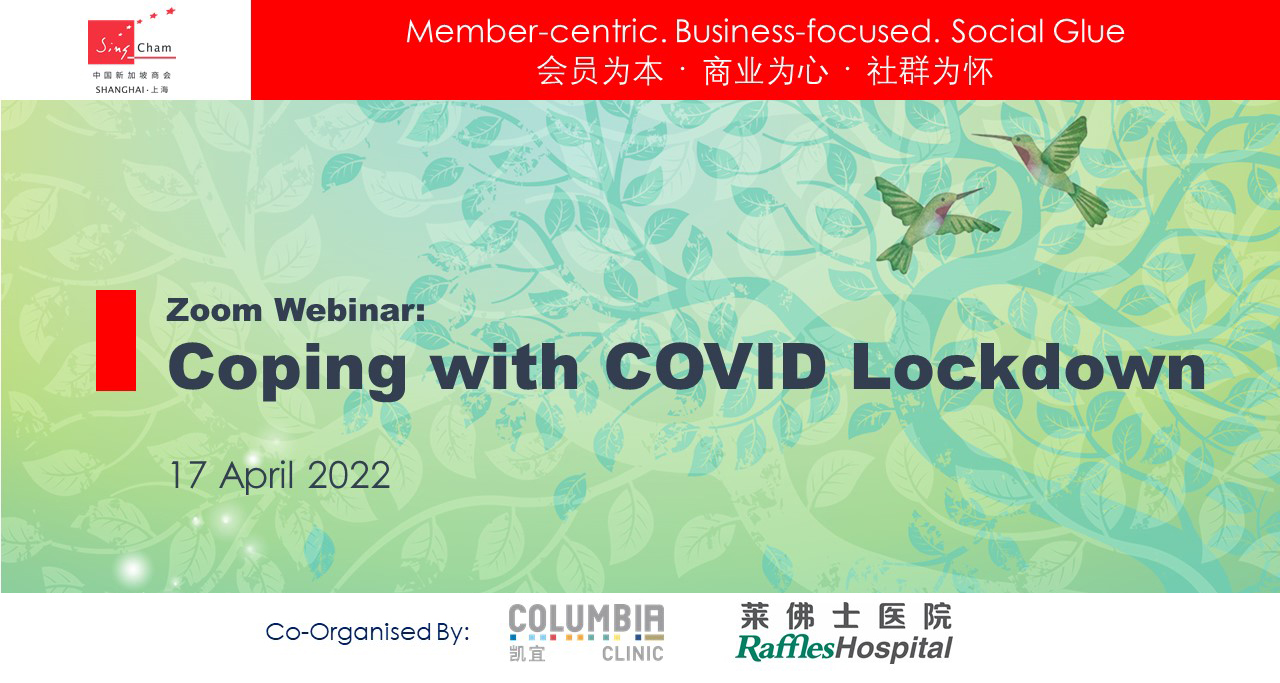
On Sunday afternoon, 17 April 2022, SingCham Shanghai conducted a timely webinar to address the healthcare and mental wellness needs of its members and the Singaporean community in Shanghai.
Titled “Coping with COVID Lockdown: Fighting COVID, Protecting Health and Keeping Mentally Healthy at Home”, the session was delivered by co-organisers Columbia Clinic and Raffles Hospital, with more than 40 strong participants over an hour and a half.

Understanding Omicron and Prevention
Dr Joey Wang, Internal Medicine & Respiratory Specialist at Columbia Clinic, shared three key points: Omicron and Prevention, What to do if you are Positive, and Medications at Home.
The Omicron Variant
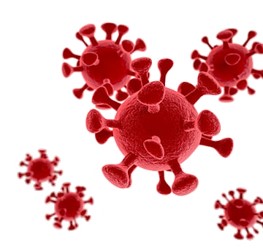
Dr Wang explained that the COVID Omicron variant is the most transmissible covid virus to-date, and an infected person can infect an average of 10-12 people in near proximity. On the issue of spread, the Omicron may transmit through hands, material surfaces, and air. It may survive on porous items such as cotton for only less than 4 hours but can survive for a prolonged period on smooth surfaces – up to 21 days on plastic surfaces.
Preventive and Disinfection Measures
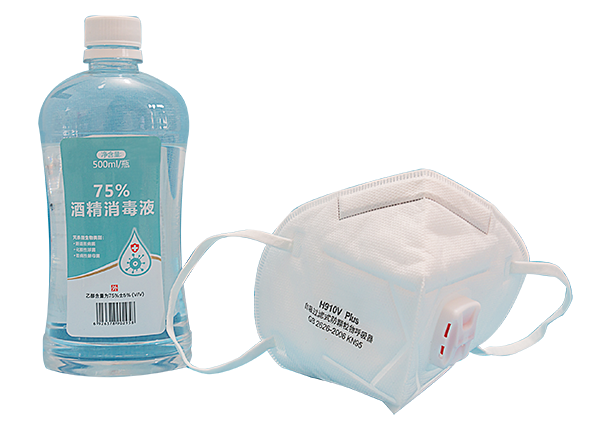
He stressed that although preventive and disinfection measures are similar to that of the original virus ‘Alpha’ in 2020, having good hygiene habits and lifestyle to ensure a clean environment and boost one’s immunity are key.
What to Do When Tested Positive
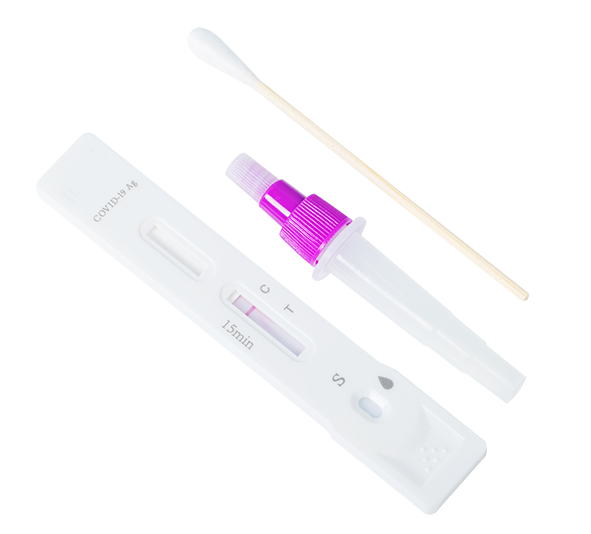
Dr Wang assured that one need not be overly worried as there are readily available measures. One should report a positive antigen test result to his/her estate management, and measures need to be set in the house to separate other family members from the infected. Apart from isolation and disinfection measures, items should be delivered without contact, and body temperature and symptoms should be monitored daily. While waiting for a transfer arrangement, it is important to be physically and mentally prepared for a centralised quarantine stay and treatment.
Medications You can Prepare at Home

Dr Wang offer a list of home medications such as for fever, pain, flu and allergy, as well as gloves, surgical masks, and hand-spray/rub for protection and disinfection.
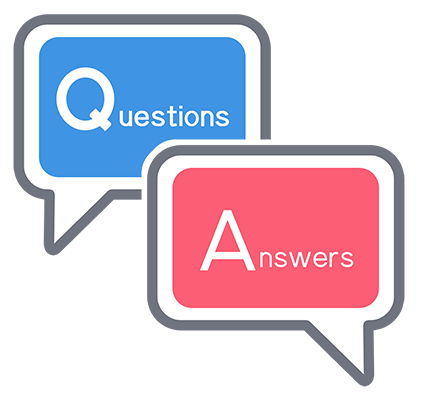
Before he closed his session, Dr Wang answered to a few top-of-mind concerns from the floor:
1. Protecting ourselves if a neighbour contacted COVID:
Disinfect the corridor, refrain from leaving the house. After using the toilet, first shut the toilet cover and then flush it. Keep the apartment airy unless the window faces that of the infected neighbour.
2. Taking a booster jab of mRNA vaccine (while in China):
Having taken 3 shots of local covid vaccines will protect an individual up to almost 80% against severe cases of infection, reducing death rate by 90%. There is no contradiction to have an additional dose of mRNA covid vaccine, if available, to further boost one’s antibodies against the virus.
3. 莲花清瘟胶囊 Lianhua Qingwen Capsules:
If you have received them from the residential committee, it is a TCM medication that aids to relieve mild symptoms of common flu discomfort and conditions. Take as per instructions on the package if unwell and if you have flu-like symptoms but likely tested negative for COVID. It is not a protection or cure against COVID and there is no need to take this medication if one is well.

Mental Health Care for My Family and Myself During COVID Lockdown
Ms Corrine Wu, Counsellor at Raffles Hospital, covered five main areas: self check-in, signs of stress and dysregulation, understanding Stress Response System, helpful vs unhelpful tips, and strategies to regulate ourselves during a COVID lockdown.
Self Check-in

Corrine offered 5 useful questions to ask ourselves if we are beginning to feel uneasy during a lockdown:
- 1. Can you sleep well?
- 2. Do you drink water frequently during a day?
- 3. How’s your appetite?
- 4. Can you maintain some daily exercises?
- 5. Do you have time to connect with your family/friends?
Signs of Stress and Dysregulation
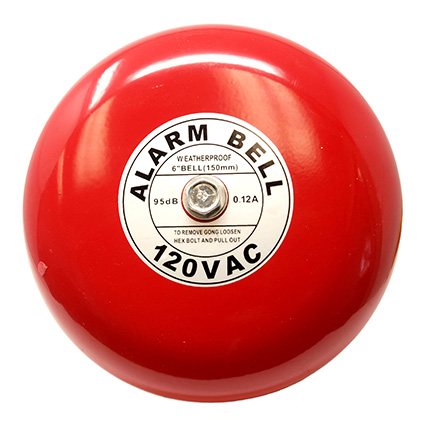
We may then identify the three most common feelings we experience lately, as well as maladaptive behaviours of ourselves or our family members, such as short-temper, tantrum throwing, stress eating, and excessive hoarding. She went on to explain the ‘Fire Alarm’ metaphor – that emotional outbursts may not be the problem, but are protective, functional ‘fire alarm’ responses. To extinguish the fire, we need to know what really happened – neurosequentially.
What Happened to You?
Corrine explained that as our stress level increases, we may begin to lose our ‘rational coping skills’, experience emotional and defensive outbursts, become ‘dysregulated’, and even compromise on our ability to hear the human voice.
Green, Red and Blue States (Reference: Dr. Bruce Perry’s Nurosequential mode)
We are in a regulated ‘green’ state if we are relaxed, chatty, playful, cooperative, focused, and ready to move on. We are in a hyper-aroused, dysregulated ‘red’ state if we are frequently angry, annoyed, argumentative, or aggressive in our speech and behaviour. We are in a hypo-aroused dysregulated ‘blue’ state if we don’t want to talk, prefer to be alone, feel sad, disappointed, exhausted, and helpless and hopeless.
Stress Response System (Reference: Delahooke, Mona, Brain-body Parenting)
Corrine explained that the stress response system within us, also known as ‘Fight or Flight’ response, is designed for us to feel ‘dysregulated’ and keep us safe when we are under stress or feeling threatened. It may however work against us if we turn it on unnecessarily, such as worrying about past or future events that are out of our control cycle. Stress responses vary from physical to emotional and thought to behavioural.
When do we need professional help?

Corrine shared that if we experience any of the conditions below for over two weeks and we could not resolve them ourselves despite being able to maintain our daily functioning, we would probably need professional help:
1. Condition One:
Lack of interest and low energy level, cry frequently, feeling bad or desperate, sleep disorder, eating disorder, thought of hurting oneself or others
2. Condition Two:
Uncontrolled anxiety, fear, panic attacks, sweating, breathing difficulty, or a growing and haunting sensation of being watched
3. Condition Three:
Severe somatic (physical) symptoms such as physical pain, paralysis, but with no apparent disease after examination/consultation
She added that if in the past two weeks or more we are frequently in argument with family members or roommates, or are feeling depressed, worried about present and future, helpless and frustrated if we are living alone, we should also seek professional help.
Regulation Activities
Corrine offered two categories and examples of activities to regulate ourselves in times of stress:
1. Bottom-up:
Breathing exercises, moving and stretching, self-massage, eating crunchy food, drink through a straw (sucking action), carrying some heavy things, shaking head quickly, aromatherapy, applying cold/hot wash cloth on face, etc.
2. Top-down:
Knowing our ‘window of tolerance’ and ‘body budget’ (e.g. sleep, nutrition, regulation, connection), returning to our ‘comfort zone’ when necessary, keeping a to-do list a and a reminder card, talking to someone, self-talk, journaling our thoughts, etc.
(Reference: Lisa Dion, Nervous System Symptoms of Regulation and Dysregulation)
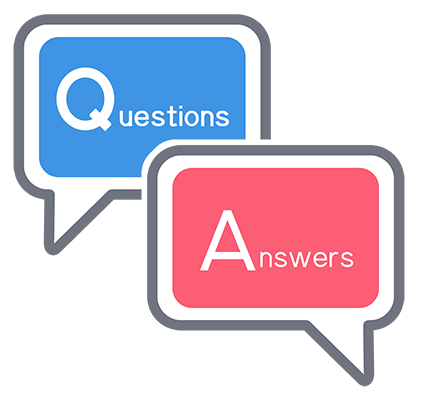
Corrine addressed numerous queries from the floor:
1. Seeking help on mental health as a foreigner in Shanghai:
Counselling & Mental Health Clinic at Raffles Hospital is always available. In addition, one can reach out to ‘Lifeline Shanghai’ – a non-profit helpline for English speaking community, or SIMHA — a voluntary and multidisciplinary professional association of therapists who provide mental health services to the international community in Shanghai.
2. Coping with a full-time job and being the only caregiver for the child at home:
Be kind and compassionate with ourselves, be flexible with our self-expectations. Exercise self-care by crossing out items from our to-do list and benefitting from frequent toilet/water including zoning out and engaging our senses. Stay connected with ourselves, read our body signals and allow ourselves to go with it. If we have a child under 10 years, we may consider a more flexible work arrangement temporarily. If we have a child over 10 years, have an open conversation to manage expectations of family time, and be sure to have our own me-time.
3. Dealing with insomnia caused by lockdown anxiety:
‘Coronasomnia’ is a worldwide concern around the world. If we experience insomnia for over a week, we should seek medical help and take medication if necessary. Other tips include getting enough light exposure in the morning, moving our body during the day, skipping naps, taking less caffeine in the afternoon and evening, avoiding the smartphone before bedtime, and sleeping with light music or white noise.
4. Dealing with ceaseless negativity on social media:
Corrine’s practical advice: flee from negative news and comments, or we may unknowingly be choosing to be dysregulated – especially when we can feel very frustrated and helpless to see people suffering. Be cautious of ‘compassion fatigue’ – when we become mentally exhausted, we may not be able to respond adequately to others in need. Read such negative news and comments only if we are in a ‘green pathway’ with enough energy reserves, or when we have a partner to share with. We need external regulators to support us and hold the space for us if we are dysregulated.
In conclusion, Corrine reminded that “we cannot pour from an empty cup”, and that we need to first help ourselves in order to help others.
CLOSING
Ms Kng Hwee Tin, Chairperson of SingCham Shanghai, remarked that as she too is experiencing elevated stress, she was glad that a member in a similar state came forward to suggest a healthcare and mental wellness webinar that may benefit one and all in the community. She assured all, "...indeed we have one another to fall back on."

If you require any assistance from SingCham Shanghai, please email us at singcham@singcham-shanghai.org

